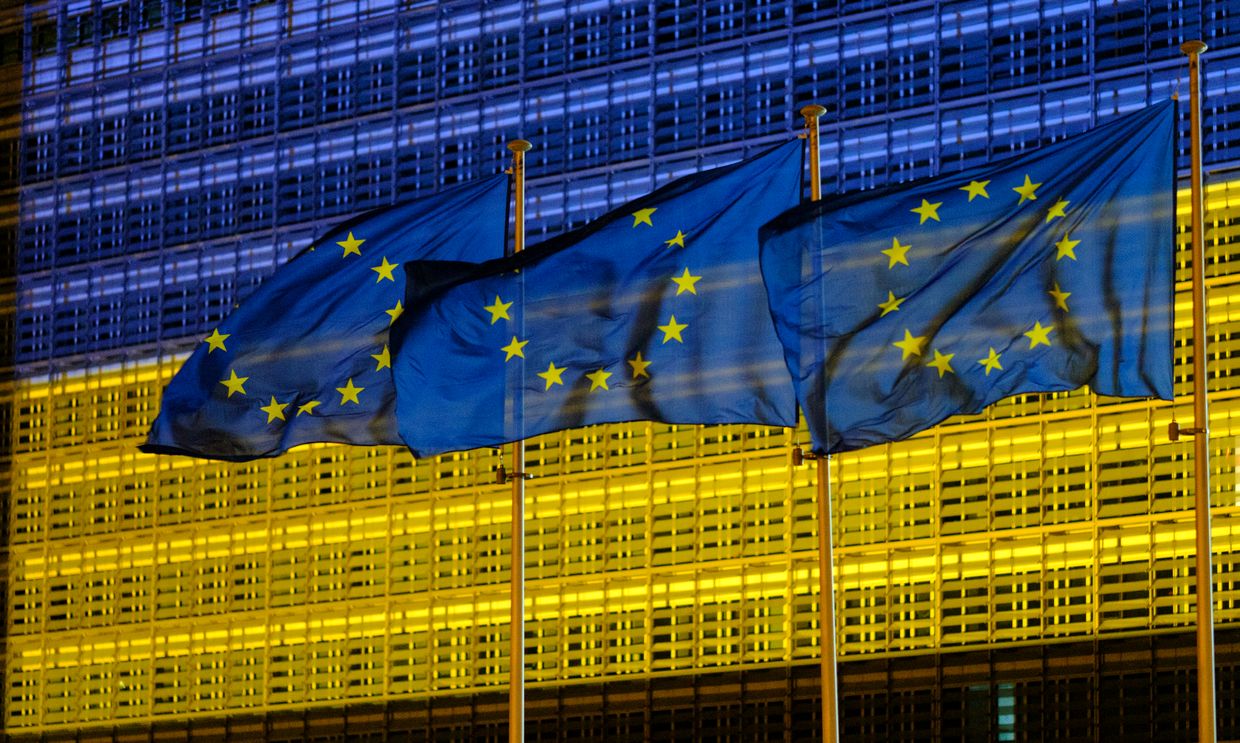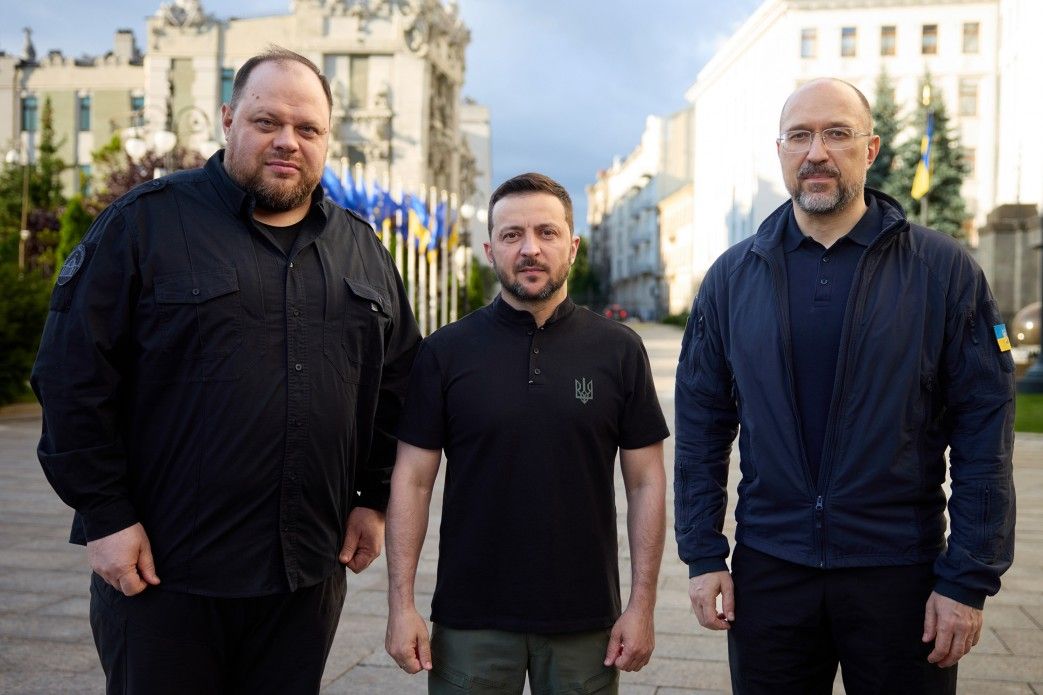President Volodymyr Zelensky said on June 25 he was confident that Ukraine would become a full member of the European Union.
The first intergovernmental conference on Ukraine's accession was held in Luxembourg on 25 June, marking the official beginning of accession negotiations between the European Union and Ukraine.
The launch of the talks follows an agreement by EU ambassadors last week. Officials in Kyiv and Brussels had been pushing for the June starting date before Hungary takes over from Belgium as the EU chair the following month.
"As of today, we have full confidence — Ukraine will definitely become a full member of the European Union," Zelensky said in his evening address.
"Now, the focus is on the technical work between Ukraine and the EU, adapting our system to the EU, and Europe's political will to make the European project truly complete."
Intergovernmental conferences are the format in which Ukraine and representatives of all EU countries will work on parts of the future accession agreement, according to Prime Minister Denys Shmyhal.
Ukraine should continue working on reforms to strengthen the rule of law and the protection of human rights, focusing on judicial reform, the fight against corruption, and the protection of ethnic minorities, Belgian Foreign Minister Hadja Lahbib said at the conference.
"According to the approved negotiating framework, we will go through all the sections of our relations and reach an agreement on each of them," Shmyhal said.
Ukraine received EU candidate status in June 2022. The European Commission recommended launching accession talks with Ukraine and Moldova in November 2023, and the European Council agreed on it a month later.
The commission then presented the negotiation framework and said the two countries were ready to begin the talks by the end of June.
Despite the agreement, Ukraine's entry into the EU most likely remains years away. Katarina Mathernova, the EU ambassador to Ukraine, said last month that Kyiv could join the bloc in 2030.














